Besides sleep being the best feeling ever and many people’s favorite thing on a Saturday morning when we have no worries in the world, why do we actually need sleep?
There are many processes that take place in our bodies that we do not know is actually happening. Well, not only are there things going on we don’t know about but there are things going on in our bodies that we may know about but we can’t control. Our hearts beat and our spleens filter blood but we don’t say hey spleen, I need you to do me a solid and filter this blood for me today. Our bodies have this innate intelligence inside of us that is working 100% of the time. It’s like gravity, just because you can’t see it and dont realize it’s there, doesn’t mean it’s not. Does that make sense? FYI if you haven’t already checked out my intro video go take a look after you read this post because it explains a little bit about who I am and what I do. I am a Chiropractor so some terms I use may be a little chiropracticy……Besides that word, I just made it up.
I have been a sporadic sleeper all my life and here is what I mean. In middle school and high school I would come home and sleep for 2 hours. I would wake up at anywhere between 10am-12pm on the weekends and like I stated in the beginning for some people that is their most favorite thing in the world. Here is the issue with that. We have two processes in the body that help regulate sleep. The circadian rhythms and your sleep drive. An article by Johns Hopkins Medicine states that circadian rhythms are controlled by a biological clock located in the brain. One key function of this clock is responding to light cues, ramping up production of the hormone melatonin at night, then switching it off when it senses light. Then you have your sleep drive that acts much like when you feel hungry. When you are hungry your stomach sends signals to your brain letting your brain know it is empty and your brain releases chemicals to make you feel hungry. When your body needs rest your brain releases melatonin and other things to let you know you are tired. One MAJOR difference between hunger and sleep is that you can choose not to eat but you cannot choose when your body will sleep for the most part. Your body will sleep when it is deprived and that can cause you to fall asleep at the wheel while driving or in meetings at work etc.
Staying awake in key moments so you don’t lose your job or more importantly, your life, is not the only positive to regular sleep. Studies show that reduced sleep during weeks before being exposed to a rhinovirus increases susceptibility to the common cold. (Lange, Dimitrov, & Born, 2010) Not only that but your brain, again, releases more chemicals that help out your immune system. During nocturnal sleep, proinflammatory hormones and cytokines are synchronized to facil-itate the initiation of adaptive immune response in lymph nodes while during daytime activity, anti-inflammatory signals, hormones, and cytokines appear to support immediate effector functions. Whenever this intrinsic 24-h sleep-wake rhythm is disrupted experimentally, or for example, because of shift work, mental performance, well-being, and health are compromised. (Lange, Dimitrov, & Born, 2010) Now I know that may seem like a lot and sound important and that’s because it is and THAT is the true reason of why we sleep.
References
- Lange, T., Dimitrov, S., & Born, J. (2010). Effects of sleep and circadian rhythm on the human immune system. Annals of the New York Academy of Sciences, 1193(1), 48–59. doi:10.1111/j.1749-6632.2009.05300.x
- The Science of Sleep: Understanding What Happens When You Sleep. (n.d.). Retrieved from https://www.hopkinsmedicine.org/health/wellness-and-prevention/the-science-of-sleep-understanding-what-happens-when-you-sleep
Dr. Justin, like many contributors on this website, wants to share his experiences of life with you all with the goal to inspire others. Justin loves travel, health, sports, mindfulness, animals, nature and the list goes on. Justin’s passion of helping others came through his challenging times through college. He received his Bachelors of Exercise Science with a focus on Health and Leadership while a member of the baseball team. During this time, he underwent two shoulder surgeries that ended his baseball career. This loss took a toll on his body, mind and spirit and after some guidance from friends he knew his true calling was to help others any way he can. He obtained his Doctorate of Chiropractic 4 years later and his goal is not only to share his experiences of life with you but to walk beside you in your journey as well.


